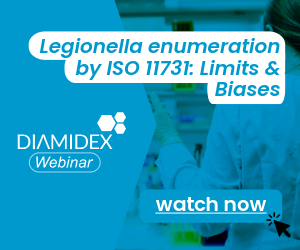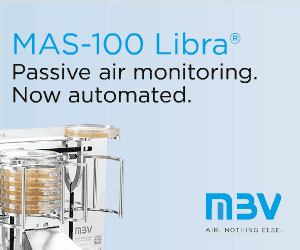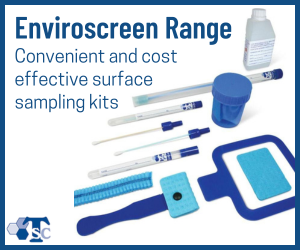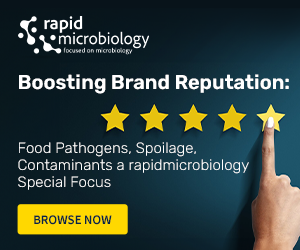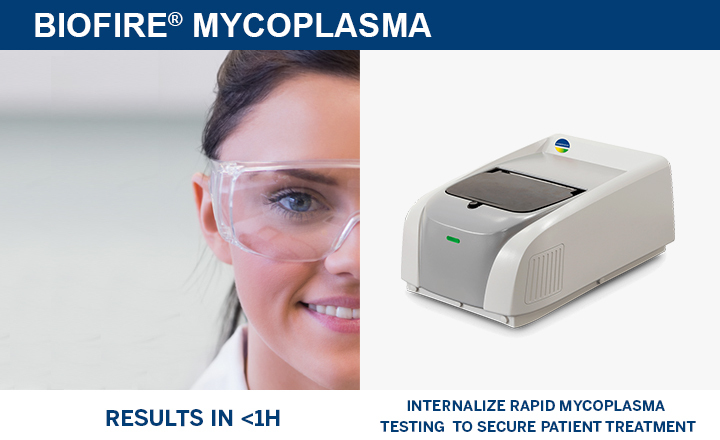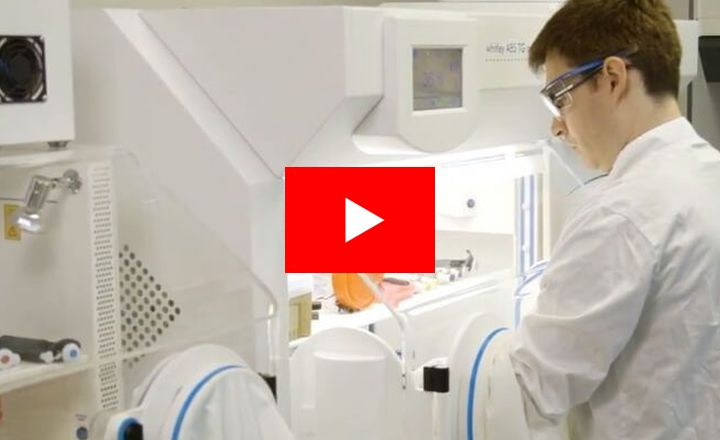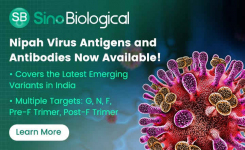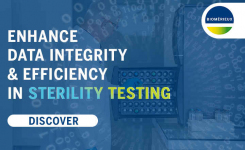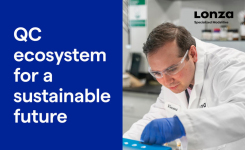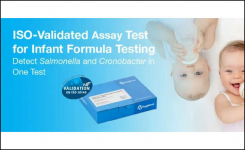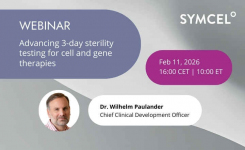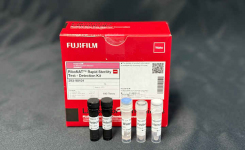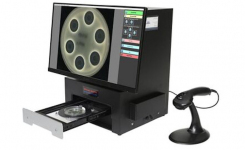Postnova Analytics has published a new applications study that reports on how Asymmetric Flow Field Flow Fractionation (AF4) coupled with multi-angle light scattering (MALS) and Ultraviolet (UV) detectors can be used to quantify Adeno-Associated Virus (AAV) aggregation.
Adeno-associated viruses are gaining widespread popularity as vehicles for gene therapy due to their versatility and safety. However, one of the biggest concerns for manufacturing a uniform AAV suspension is the presence of viral aggregates, which can create problems with transduction efficiency, biodistribution, and immunogenicity. Due to their large size, often over 100 nm in diameter, AAV aggregates are challenging to separate and characterize by traditional column-based chromatography techniques.
Data is presented in this application study that demonstrates how AF4-MALS-UV can separate and size large AAV aggregates, and discern a difference in aggregate concentration due to the stressing protocol. By comparison, using traditional size exclusion chromatography techniques, the columns are often found to filter out some or all aggregates, resulting in incorrect determination of the aggregate content or even the false conclusion that no aggregates are present.
The Postnova AF2000 used in this study is a high-performance Asymmetric Flow Field-Flow Fractionation (AF4) platform for separation of nanoparticles and macromolecules in complex matrices. Modular in design, the AF2000 incorporates the combined experience, expertise and technological advances from Postnova Analytics' two decades of leadership in FFF. Incorporating a range of FFF modules in a single integrated system to provide universal separation, the AF2000 offers more flexibility, better performance and more robust results than any system before.
For more information visit www.postnova.com
FILTER BY SECTOR
LATEST MICROBIOLOGY NEWS
-
Nipah Virus Antigens and Antibodies
03 Feb 2026
MICROBIOLOGY EVENTS
-
World Water-tech Innovation Summit
24 Feb 2026 -
Process Simulation Testing for Aseptically Filled Products
On-demand Webinar -
4th International Beverages Quality Conference 2026
3 Mar 2026 -
Forum LABO 2026
10 Mar 2026 -
2026 QC Micro Summit
17 Mar 2026 -
Advanced Therapies
17 Mar 2026 -
ISPE Aseptic Conference 2026
23 Mar 2026 -
Analytica 2026
24 Mar 2026 -
GMP PharmaCongress and GMP PharmaTechnica Expo 2026
24 Mar 2026 -
ESCMID Global 2026
17 Apr 2026


